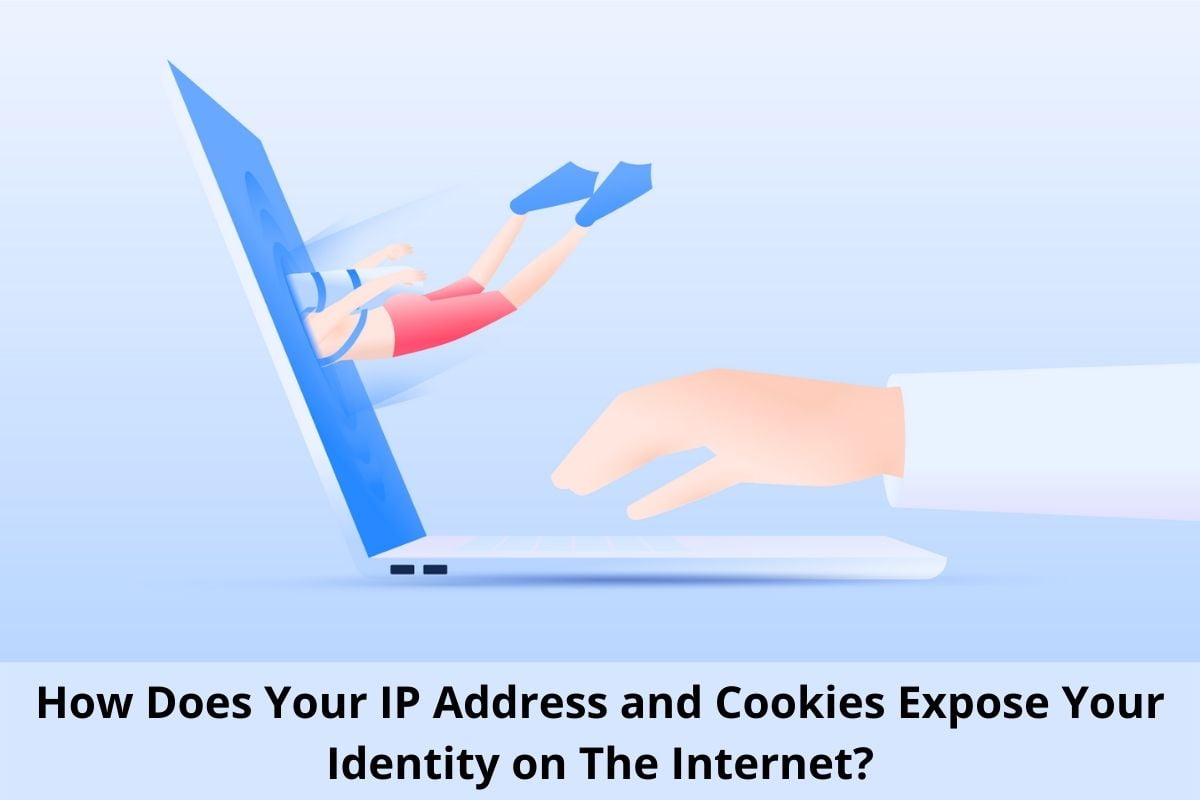The internet always convinces you that your identity is always protected and can never be exposed. After all, how is it possible that anyone can find out your true identity while you’re in a virtual world, right?
Well, sorry to break your bubble, but once you share your geographical location, the websites you visit, and your computer information, your identity can be exposed. Ever heard of the term called ‘anonymous Web surfing?
The goal of this is to tackle the technologies that not only track your online activities but also pose a threat of exposing and sharing your personal information with others, especially third-party advertisers.
When you surf anonymously through Mediacom internet, or any other internet service provider’s (ISP’s) plan, no one will know your identity, the sites you visit, and where you’re connecting to the internet from.
In this article, we will share with you some reasons why people prefer to surf the Web anonymously, and how your IP address and cookies can expose your true identity.
Why Do People Want to Surf The Internet Anonymously?
Here are some reasons why people prefer surfing the internet anonymously:
- You want to express your opinions freely without having the fear of being tracked down or harassed by individuals who don’t agree with you.
- You’re not comfortable with search engines collecting your personal information.
- You want to participate in online forums, but want it to be done anonymously.
- You don’t want the government to censor your activities.
- You don’t want to be bothered by pop-up ads.
These are some of the more common reasons to sign the internet anonymously, but the list can go on forever.
All about Your IP Address
Every device or computer connected to the Internet has a different, yet unique (Internet Protocol (IP) address. You might have the same IP address each time you get online, or it might change each time you’re online.
Your IP address is essential for the internet to be able to work. It is in fact, the address of your computer or laptop on a wide computer network, similar to you having a house on a congested street.
That said, you will be tagged with a unique identifier each time you get online. Moreover, if a Web server has your computer’s IP address, it can send Web page content to the browser itself.
In all honesty, your IP address doesn’t contain any of your personal identifier information. However, if you’ve subscribed to an ISP, the way you get your internet service, then your ISP can link your IP address with your phone number, home address, email address, name, and even your credit card details.
There’s no need to get paranoid because most of the top ISPs have strict privacy policies, in which they don’t share any of your personal information with any third-party individuals. But, if the law asks for your IP address from the ISP, they have no choice but to share your information.
All About Your Browser Cookies
Cookies are yet another way for outside sources to track your online surfing habits. So, what exactly are cookies? Well, cookies are really small-sized text files that your Web browser saves each time you visit a website.
This file may contain login information, the content of an online shopping cart, user preferences, and other similar identifiers. Moreover, these cookies allow you to enjoy a more customized and personalized online browsing experience.
In addition, they are not only designed to save you time and effort when you visit the same website every day but also help advertisers to market their message in accordance to your personal preferences.
There are two kinds of cookies – first-party cookies and third-party cookies. The first kind of cookies is those that were left in your browser when you visited various websites. Whereas, the latter, are cooked that were stored as files on your computer or laptop from advertisers and similar parties that have an agreement with the website you visited that allows them to share your information.
A lot of people tend to feel that third-party cookies breached our privacy as you have no control over who has been collecting your information.
Final Thoughts
Many people feel that individuals with your IP addresses have the ability to expose your true identity. However, as we shared earlier, cookies, third-party cookies in particular, also have the potential of leaking your information.
Therefore, people prefer to surf the internet anonymously through a Virtual Private Network (VPN). You can also get a free subscription, or pay for your own if you want to have all the features offered through a VPN. No matter what it is, it’s always good to stay safe while surfing the Web.




